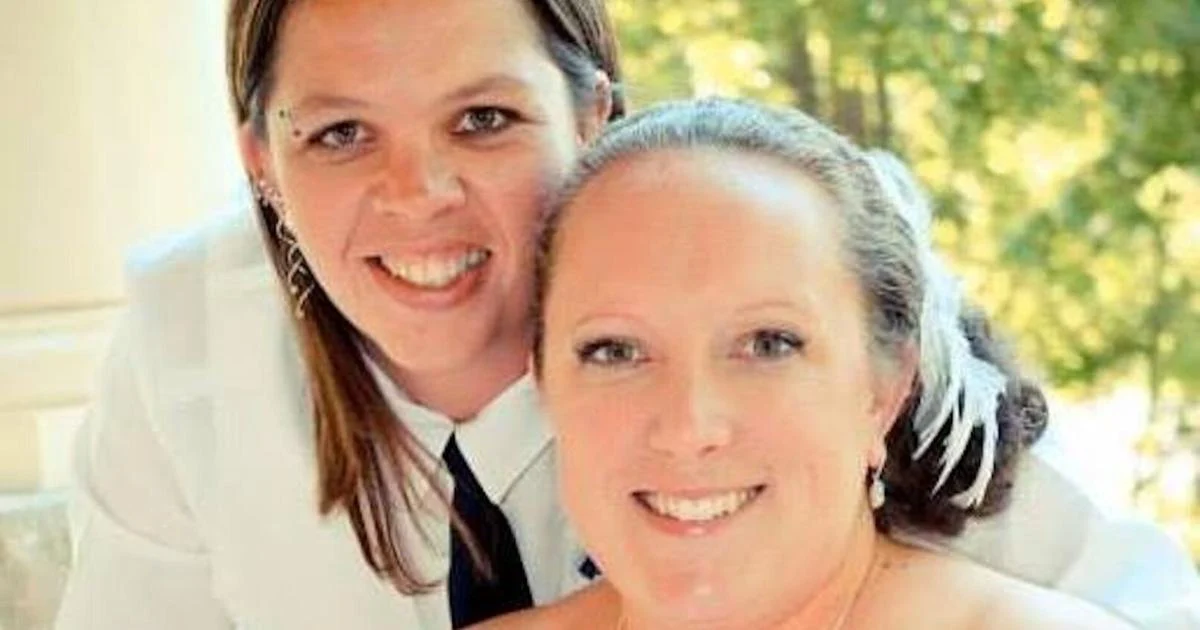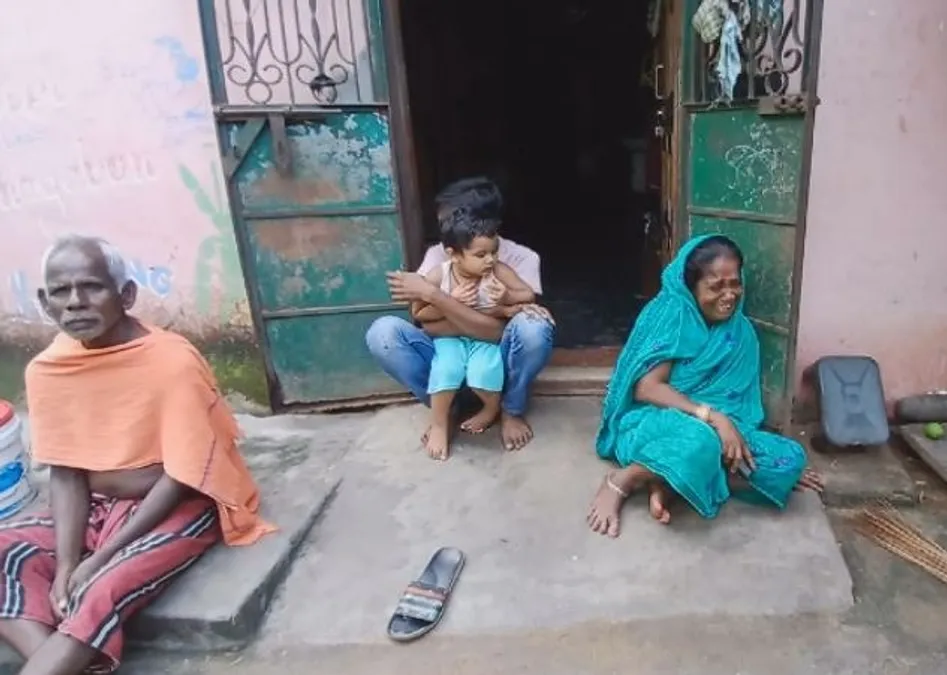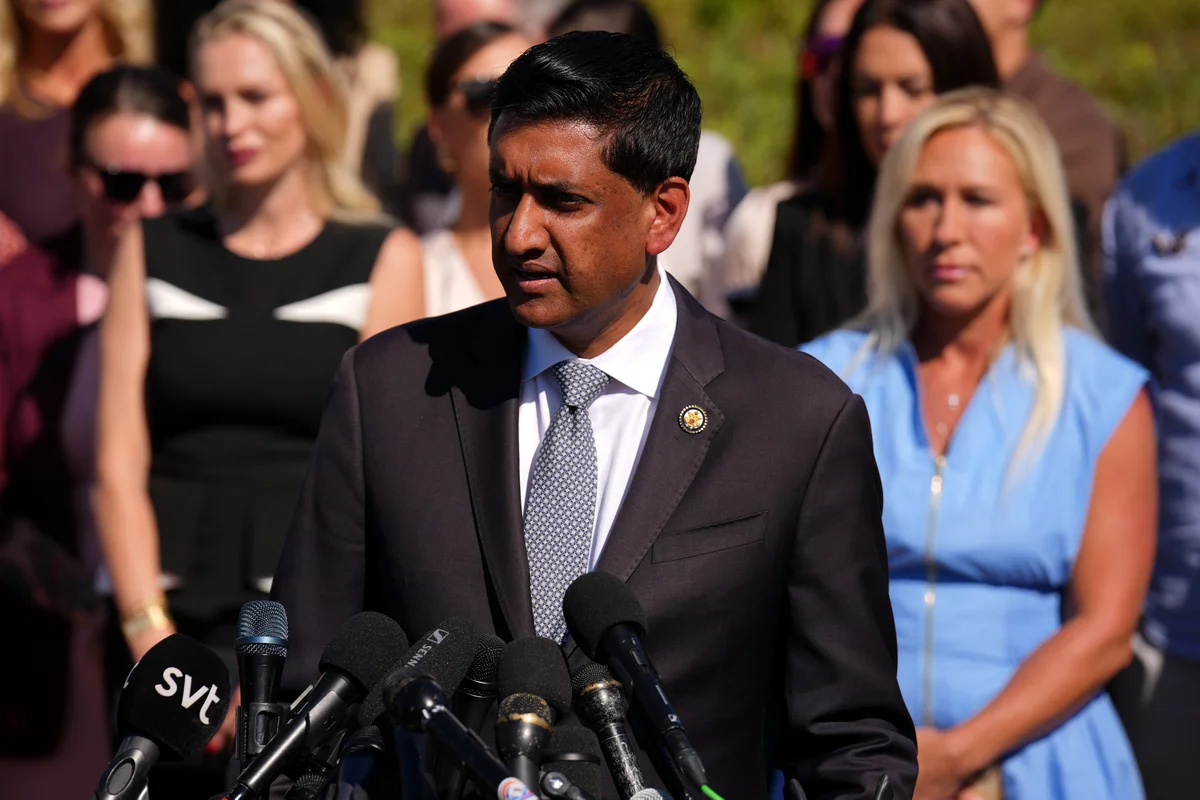Copyright thestar

Brandy Cooney’s former co-worker was so tired of listening to her complaints about the young boys she and her spouse were trying to adopt that she suggested she return them to Children’s Aid. She was appalled by Cooney’s response. “That was her source of income, she couldn’t give them back,” Leahann Maloney said, recounting the disturbing exchange for the Milton courtroom where Cooney and Becky Hamber are on trial for first-degree murder of a 12-year-old boy and other offences relating to his younger brother. “What did you say to her,” asked Crown attorney Kelli Frew. “First I was just shaking my head, and then I’m like ‘these are children that you need to love and have patience for cause if they’re just around for a source of income, you’re going to have a lot of miserable years.’” Cooney’s reaction? “That’s what my wife is for,” Maloney said. Since this judge-alone trial began two weeks ago, neighbours, contractors, educators and therapists have testified about how the defendants were aggressive, erratic, controlling and insistent on “bizarre” restrictions for their two prospective sons. Defence lawyer Monte MacGregor, who represents Hamber, has suggested through his cross-examination that the women were ill-equipped to deal with the boys, who had a multitude of mental health issues CAS withheld from them. Prosecutors allege Hamber and Cooney, both in their 40s, “despised, deprived and abused” the two Indigenous brothers, whom the CAS placed in their Burlington home in October 2017, when they were five and six. Cooney’s father also lived with them. The women have pleaded not guilty to first-degree murder, and not guilty to forcible confinement, assault with a weapon and failing to provide the necessaries of life in relation to his younger brother. A publication ban protects the identities of the boys. On Dec. 21, 2022, emergency responders were called to the bungalow where they discovered a boy lying in a puddle on the floor of his tiny basement bedroom, where prosecutors said he spent much of the last year of his life behind a locked door. He was found emaciated, soaking wet and his size was more in line with an average six-year-old, and he died later that night, court has heard. The court has yet to hear evidence about the boy’s cause of death. On Friday afternoon, a police officer who responded to a 911 call from the house testified virtually that he arrived to find a woman on her knees giving CPR to a bare-chested boy he guessed was around five (he was 12.) On his lower half was a wet suit; he appeared malnourished, wet, cold and blue and appeared “not well taken care of,” the officer said. There was also an overwhelming smell of vomit and urine. Cooney and Hamber told him the boy had mental health issues and was “secured and locked” in the room because “he was an ongoing risk to himself and others in the household.” The officer observed a camera mounted on the wall, a lock on the outside of the boy’s bedroom door and a cot that “you would buy for a dog to sleep on.” Maloney, who testified in person Thursday and Friday, described what it was like to work the graveyard shift alongside Cooney at the Sunshine Doughnut Co. in downtown Burlington from October 2021 to July 2022. Seated in the prisoner’s box in a green sweatshirt and matching pants, Cooney listened without expression as the woman she once trained to bake doughnuts called her “toxic” and negative, occasionally hunching over to jot down notes. Maloney testified that Cooney never had a good thing to say about the boys. She told her about the oldest child breaking things around the home, urinating on the floor and running away. Cooney also complained that Hamber’s medication costs were high. Maloney said she understood the strain on Cooney. She raised a son with cerebral palsy who would “bite me, or pull my hair, or smash his head against the wall.” Yet she was aghast when Cooney told her she would lock the boys in their room for extended periods. Maloney told the court she offered Cooney tips on how to deal with the boys’ behavioural issues that she found effective when raising her son — today, at 31, he “gets up and goes to work part-time every day.” But, Maloney testified, the younger woman had “no interest.” She instead said “her children are native, nobody wants to help them, there’s no help anywhere for them.” (Court heard testimony this week from a number of teachers, teaching assistants and therapists who tried to help the boys.) During cross-examination, Cooney’s lawyer, Kim Edward, asked Maloney if, back when they were making doughnuts together, she could hear the “frustration” in her client’s voice. “You don’t know what the nights … in the Cooney-Hamber home would be like, right … no idea if someone was kept up all night with behaviours at home,” Edward said. Maloney agreed she didn’t. She also agreed the boys sounded like “more than a handful.” The trial in front of Justice Clayton Conlan continues Monday and is scheduled to last until the middle of November.



